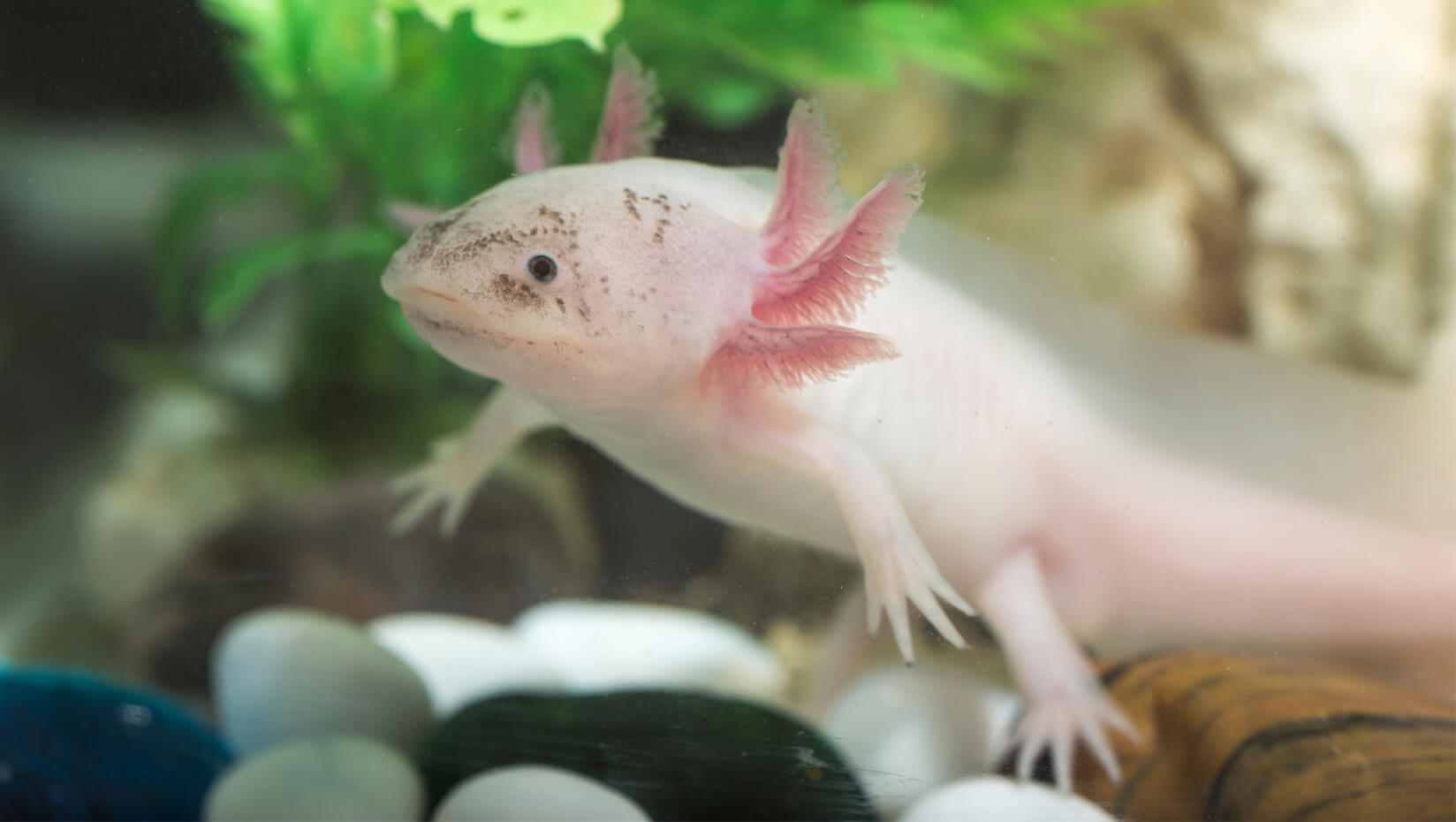
Team creates online database to compare regenerative tissue capabilities among animals
Editor’s note: More information about this UMaine–MDI Biological Laboratory research focused on new genetic regulators of regeneration is online.
Comparing regenerative tissue capabilities among animals is the focus of a new database created by a team of researchers at the University of Maine and MDI Biological Laboratory.
Benjamin King, an assistant professor of bioinformatics at UMaine, and Viravuth Yin from the MDI Biological Laboratory in Bar Harbor, led a team to create RegenDbase, the Comparative Models of Regeneration Database.
While regenerative capacity in mammals is limited to select tissues, lower vertebrates such as zebrafish and salamanders have the ability to regenerate entire limbs and most adult tissues, including heart muscle, according to the researchers.
The online resource allows researchers to compare gene expression patterns across animals with different regenerative capacities to look for shared and unique patterns of gene expression. It incorporates gene expression data sets for protein-coding genes and regulatory RNA molecules from zebrafish, axolotl salamanders and mice.
The researchers used the new database to conduct a comprehensive gene expression study to find RNAs common to heart regeneration in both neonatal mice and zebrafish using an extensive new zebrafish data set. Twenty-eight new zebrafish regulatory RNA molecules were identified using those data, according to King.
“The new zebrafish data set allowed us to identify putative novel genes expressed during early stages of cardiac regeneration,” King says. “These long noncoding RNAs are promising candidate genes that could regulate protein-coding genes. The bioinformatics database provides systems-level analysis of gene expression patterns to understand how networks of genes regulate tissue regeneration.”
Future incorporation of data sets from other organisms and human tissues will enable broader cross-species comparisons of regenerative biology, the researchers hypothesize.
King is the lead author of “RegenDbase: a comparative database of noncoding RNA regulation of tissue regeneration circuits across multiple taxa,” which was recently published in the journal npj Regenerative Medicine.
Among the co-authors of the study is UMaine student Grace Smith, a molecular and cellular biology major in the Honors College. This summer, Smith is taking part in the Novartis Scientific Summer Scholars Program where she is conducting research at the Novartis Institutes for BioMedical Research in Cambridge, Massachusetts.
Contact: Margaret Nagle, 207.581.3745
